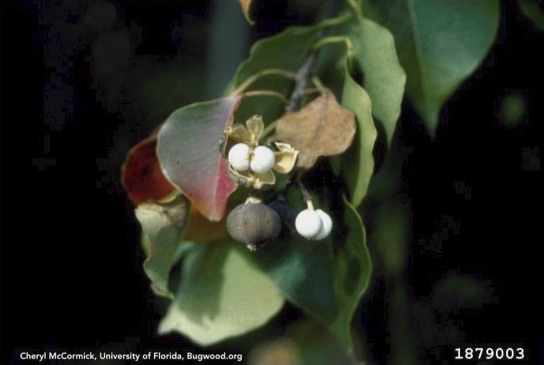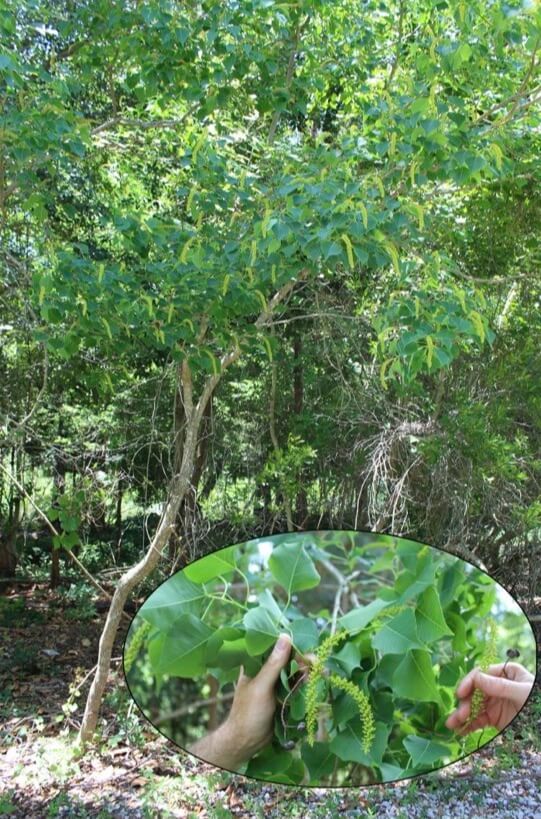MS Forestry Commission Accepting Applications from Cities for Popcorn Tree Control Statewide
At this time, the MFC is taking applications from municipalities statewide to assist with popcorn tree control, the second step of our Help Stop the Pop program.
In September 2017, the Mississippi Forestry Commission (MFC) completed the first step of our Help Stop the Pop program, asking the public to report sightings of Chinese tallow (popcorn) trees. Effectively, crowd-sourcing data collection to get a full picture of Mississippi’s popcorn tree problem. Over the past year, the MFC utilized this data to submit applications to our federal partner, the U.S. Forest Service, in order to assist the state of Mississippi with popcorn tree control. The MFC has received assistance for cities/ municipalities to control popcorn trees. Securing assistance for popcorn tree control on private lands is currently in progress.
At this time, the MFC is taking applications from municipalities statewide to assist with popcorn tree control, the second step of our Help Stop the Pop program. To apply, visit: http://www.mfc.ms.gov/popcorn-tree-control-program
“Chinese tallow (popcorn) trees are non-native invasive species that grow and spread incredibly fast; they have the potential to overgrow entire forests, altering light availability for native species and changing the native ecosystem. Prevention is an important control tactic for popcorn trees. Landowners are encouraged to remove fully grown trees and seedlings from their property. If possible, seedlings should be removed before they reach maturity. In the absence of proper land management practices, popcorn trees will out- compete (kill) native plant species. Transforming native habitats into monospecific (single species) forests that consist only of popcorn trees,” said Todd Matthews, Urban Forestry and Forest Health Coordinator. “Fallen leaves also contain toxins that create unfavorable soil conditions and alter light availability for native plant species. Popcorn trees are known to have toxic properties. Sheep and goats sometimes eat the leaves of popcorn trees without issue, but they are toxic to cattle.”
Popcorn trees spread like wildfire, overtaking native vegetation, damaging wildlife habitats, and destroying nature’s balance. They have distinct heart-shaped leaves, dangling yellow flowers, and fruit that appears similar to popcorn. Popcorn trees are deceptive, they look attractive and ornamental – but are actually highly invasive and will quickly damage the native ecosystem wherever they are planted.
Report popcorn tree sightings to: www.HelpStopThePop.com
To learn more about the Mississippi Forestry Commission, please visit our website and follow us on social media: YouTube, Facebook, Twitter, and Instagram.


